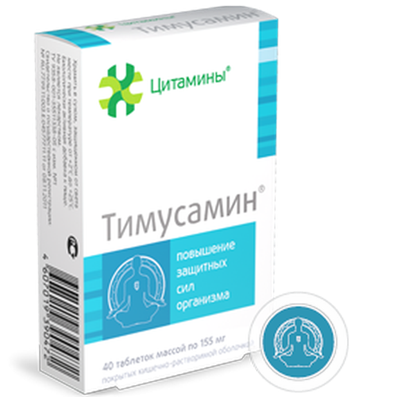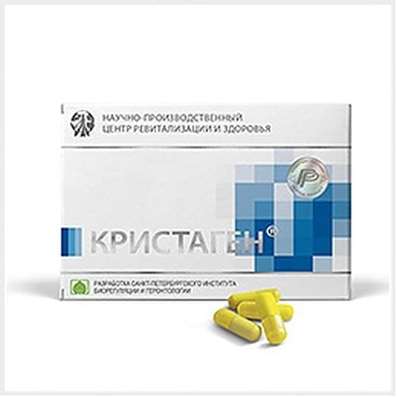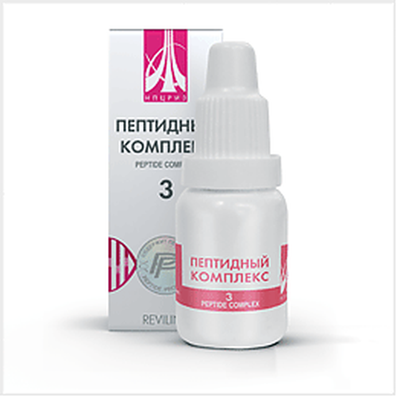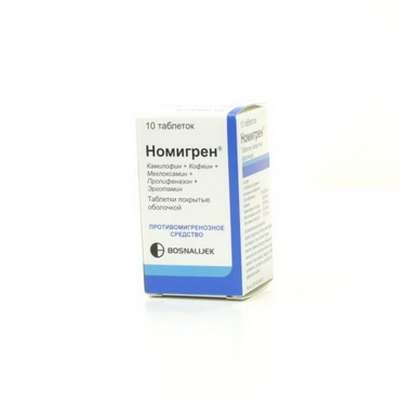Instruction for use: Aprofene tablets 0,025 g
I want this, give me price
Active substance: Aprofene
Pharmacological group
M-, n-anticholinergics
The nosological classification (ICD-10)
I70.2 Atherosclerosis of the arteries of the extremities
Arteriosclerosis obliterans, Arteriosclerosis of peripheral arteries, Atherosclerosis of lower limb arteries, Atherosclerosis of peripheral arteries, Atherosclerosis of the vessels of the extremities, Obliterating disease of lower extremities, Obliterating atherosclerosis, Obliterating arteriosclerosis of lower limb arteries, Obliterating arteriosclerosis of the vessels of the upper limbs, Obliterating atherosclerosis of vessels of lower extremities, Atherosclerosis of the arteries of the extremities,Arteriopathy of the extremities, Obliterating atherosclerosis of the vessels of the extremities, Obliterating arteriosclerosis
I73 Other peripheral vascular disease
Angiopathy peripheral, Arteriopathy of the extremities, Disease of the arteries of the extremities, Peripheral arterial blood flow disorders, Insufficiency of arteriovenous blood circulation, Obliterating Artery Disease, Obliterating endarteritis, Obliterating endarteritis with severe intermittent claudication, Chronic obliterating diseases of the arteries of the extremities, Chronic obliterating diseases of peripheral arteries, Endarteritis obliterans, Ischemic lesions of feet
K25 Gastric ulcer
Helicobacter pylori, Pain syndrome in gastric ulcer, Pain syndrome in gastric ulcer and duodenal ulcer, Inflammation of the gastric mucosa, Inflammation of the gastrointestinal mucosa, Benign gastric ulcer, The disease of the stomach and duodenum, asotsiirovannoe with Helicobacter pylori, Aggravation gastroduodenita on the background of peptic ulcer, Exacerbation of peptic ulcer, The aggravation of gastric ulcer, The organic gastrointestinal disease, Peptic ulcer of the stomach and duodenum, Postoperative gastric ulcer, Recurrent ulcers, Symptomatic gastric ulcers, Chronic inflammatory disease of the upper gastrointestinal tract, associated with Helicobacter pylori, Helicobacter pylori eradication, Erosive and ulcerative lesions of the stomach, Erosive lesions of the stomach, The erosion of the gastric mucosa, Peptic ulcer disease, Stomach ulcer, Gastric lesion, Ulcerative lesions of the stomach, Symptomatic ulcers of the stomach and duodenum
K26 Duodenal Ulcer
Pain with duodenal ulcer, Pain syndrome in gastric ulcer and duodenal ulcer, The disease of the stomach and duodenum, asotsiirovannoe with Helicobacter pylori, Exacerbation of peptic ulcer, The worsening of duodenal ulcer, Peptic ulcer of the stomach and duodenum, Relapse of duodenal ulcers, Symptomatic ulcers of the stomach and duodenum, Helicobacter pylori eradication, Erosive and ulcerative lesions of the duodenum, Erosive-ulcerative lesions of duodenal ulcers associated with Helicobacter pylori, Erosive lesions of the duodenum, Duodenal ulcer, Ulcerative lesions of the duodenum]
K31.3 pilorospazme, not elsewhere classified
Spasm of smooth muscle in diseases of the digestive tract, Spasms of the digestive tract smooth muscle, stomach Cramps, Spasms of the pylorus, Spastic condition of the gastrointestinal tract, pilorospazme, pyloric spasm
K52 Other noninfectious gastroenteritis and colitis
senile Bowel Syndrome, sigmoid, Gastroenteritis noninfectious, gastroenterocolitis, Colitis, Colitis non-dysenteric, Colitis noninfectious, Colitis is a chronic, Colitis is a chronic non-infectious, Local enteritis, sigmoid noninfectious, Chronic inflammatory bowel disease, Chronic inflammatory disease of the small intestine, Chronic enterocolitis, Chronic atrophic gastroenteritis, Chronic gastroenteritis, Chronic colitis, Chronic enterocolitis, Enteritis, non-infectious enteritis, Enterocolitis chronic noncommunicable, colon disease
K81 Cholecystitis
acute cholecystitis, chronic cholecystitis, Empyema of the gall bladder, holetsistopatii, Holetsistogepatit,Cholecystitis, obstructive cholecystitis
N23 Renal colic unspecified
Pain in renal colic, Pain smooth muscle spasm, Pain spasm of smooth muscles (renal and biliary colic, intestinal spasms, dysmenorrhea), Pain spasm of smooth muscles of internal organs, Pain spasm of smooth muscles of internal organs (kidney and biliary colic, intestinal spasms, dysmenorrhea), renal Colic, ureteral colic, Renal colic, Renal colic with urolithiasis, Kidney disease, Spasm of smooth muscle in diseases of the urinary system, The spasm of the urinary tract, The spasm of the ureter, The spasm of the ureters, Spasms of the urinary tract, Spasms of the urinary tract
O62.2 Other uterine inertia
metroparalysis; The weakness of labor activity; Decreased uterine tone; Induction of labor; Induction of labor at term; Induction of labor at term or near term; Activation of labor
R10.4 Other and unspecified abdominal pain
Abdominal pain, Gastrointestinal spasm, intestinal colic, Colic in infants, The feeling of fullness, Resi abdominal, Spasm of smooth muscle in diseases of the digestive tract, The spasm of the biliary tract, Biliary tract spasm, enterospasm, Spasm of the digestive tract, Spasms of the digestive tract smooth muscle, stomach Cramps, gastrointestinal spasms, Spastic condition of the gastrointestinal tract, intestinal tenesmus, Feeling of fullness, Baby colic
Composition and form of release
The ampoule with 1 ml solution for injection contains aprofen 10 mg; In the package 10 pcs.
pharmachologic effect
Pharmacological action - vasodilator, spasmolytic.
Pharmacodynamics
It blocks central and peripheral m- and n-cholinergic receptors, reduces tone and contractility of smooth muscles of internal organs, intestines, vessels, reduces exosecretion, strengthens uterine contractions, relieves spasm of throat and promotes faster opening of the cervix in the first stage of labor.
Indications
Spastic diseases of the abdominal cavity organs (spastic colitis, cholecystitis, renal and hepatic colic, peptic ulcer of stomach and duodenum, pilorospasm); Endarteritis, spasm of cerebral vessels; The need to stimulate labor.
Contraindications
Glaucoma, prostate adenoma.
Side effects
Dizziness, headache, feeling of intoxication, dry mouth, dyspeptic phenomena, paresis of accommodation.
Interaction
Preparations of caffeine (with ingestion) reduce or (warn) dizziness, a sense of intoxication and other central effects.
Dosing and Administration
P / to or in / m, to 0,5-1 ml (as required).
Precautionary measures
It is not recommended to take during work, requiring a quick mental and physical reaction.
storage Conditions
Keep out of the reach of children.

 Cart
Cart





